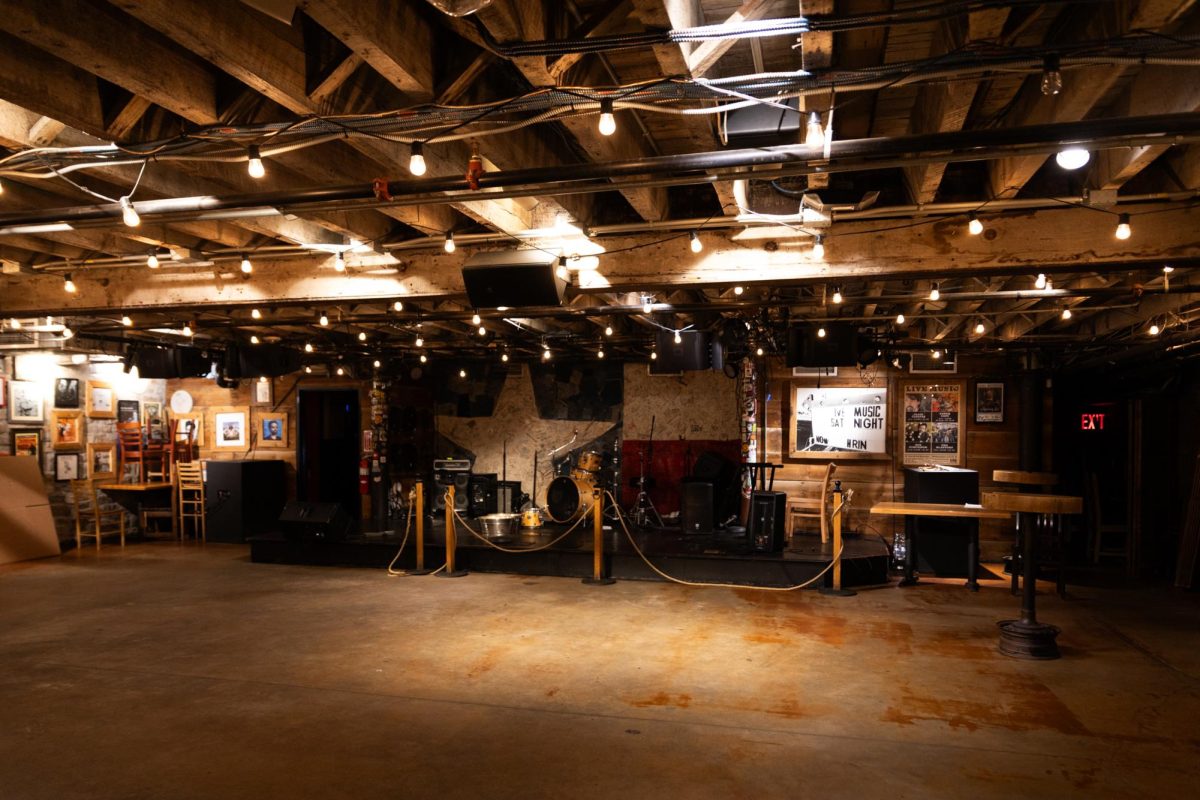When the COVID-19 pandemic hit the District, one recent graduate, a sex worker, said she was fortunate enough to add a couple new clients – but not everyone in the industry was as lucky.
For cisgender, White or light-skinned women like herself, the alumna, who spoke under the condition of anonymity to protect her privacy, said mainstream sites like Seeking Arrangement have helped garner clients and pocket about $2,000 per month. But she said her skin color and gender identity gives her an advantage on mainstream websites, while sex workers of color and trans sex workers are constrained to more dangerous means of finding work on “the street.”
“A lot of girls can’t ask for what I ask for because they’re either trans or they’re a person of color that isn’t light-skinned,” she said. “There’s a whole number of issues.”
Sex workers like the recent graduate have relied on their independent contract work to stay employed during the health crisis. But the alumna said the pandemic has exposed the violence and lack of government resources women of color and trans sex workers face in the industry, prompting advocacy organizations to ramp up their fight to decriminalize sex work.
A bill to decriminalize sex work has not garnered enough support for the D.C. Council to hold a vote, but groups like DecrimNow DC and HIPS DC, which stands for Helping Individual Prostitutes Survive, are pushing for a bill to pass. Advocates said the pandemic has left sex workers in D.C. more vulnerable than before as they can’t formally apply for financial support from the District government.
“The COVID-19 global pandemic is exposing the lack of health care and food infrastructure, coupled with the severe lack of jobs and housing guarantee in D.C.,” DecrimNow DC wrote. “During this crisis, organizations like HIPS and No Justice No Pride have provided cash assistance, housing, health care and more to people in the sex trade, including victims and survivors of sex trafficking, despite the lack of government intervention or support.”
“When you hit economic downturns, that’s always impacting people of color and trans folks more because the structural marginalization is just really reaffirmed.”
The alumna said trans women and women of color were forced off of a sex worker site called Backpage when President Donald Trump made the website illegal in 2018. She said women of color and trans women of color who relied on the website to find work were sent “back into the streets” to solicit business in public.
She said when sex workers have to rely on business from “the streets,” they are more likely to encounter violence, mainly from police officers.
“The violence is usually with police officers that will humiliate them and ask them for random searches, ask them to open their bags, throw everything that’s in their bags on the floor, get violent with them because transphobia and the whole bit,” she said.
Aside from police violence and the lessened base of men looking for sex workers in public because of the pandemic, the alumna added that sex workers are finding the streets and clubs where they could normally find clients are quiet or closing.
“They’re not doing too great to be honest because they’re mainly doing in-person work right now and it’s a lot more difficult, that’s for sure,” she said.
Kate D’Adamo, a community organizer for sex workers who partners with Reframe Health and Justice, said soliciting sex work for people who don’t have the economic privilege and “conventional attractiveness” is more challenging during the pandemic. She added that generally finding work has turned entirely online, which can be difficult for people who don’t have stable housing, WiFi or electronic resources.
“Clubs were closing down, in-person places that were indoors where people could engage in sex work were also closing down,” she said. “When you also had stay-at-home orders, that meant that you can’t have strolls, you can’t go and meet people.”
She said women of color and trans sex workers are negatively affected by the pandemic because they’re predisposed to marginalization.
“When you hit economic downturns, that’s always impacting people of color and trans folks more because the structural marginalization is just really reaffirmed,” D’Adamo said.
D’Adamo said sex workers can’t rely on financial support from the government, through food stamps and unemployment checks, as other low-income workers because their work is considered illegal.
“Sex workers often don’t even have access to the same support systems that a lot of other workers take for granted,” she said. “It’s really scary to have to go on the radar sometimes when you come from a criminalized form of economic income.”
D’Adamo added that decriminalizing sex work would help alleviate the fear of working in the industry, especially during a health crisis when they need added financial support.
“Everyone is dealing with these massive crises at the core of our being,” she said. “All decriminalization would do was make sure that those marginalized people are not also worried about getting arrested and thrown in jail on top of that.”








